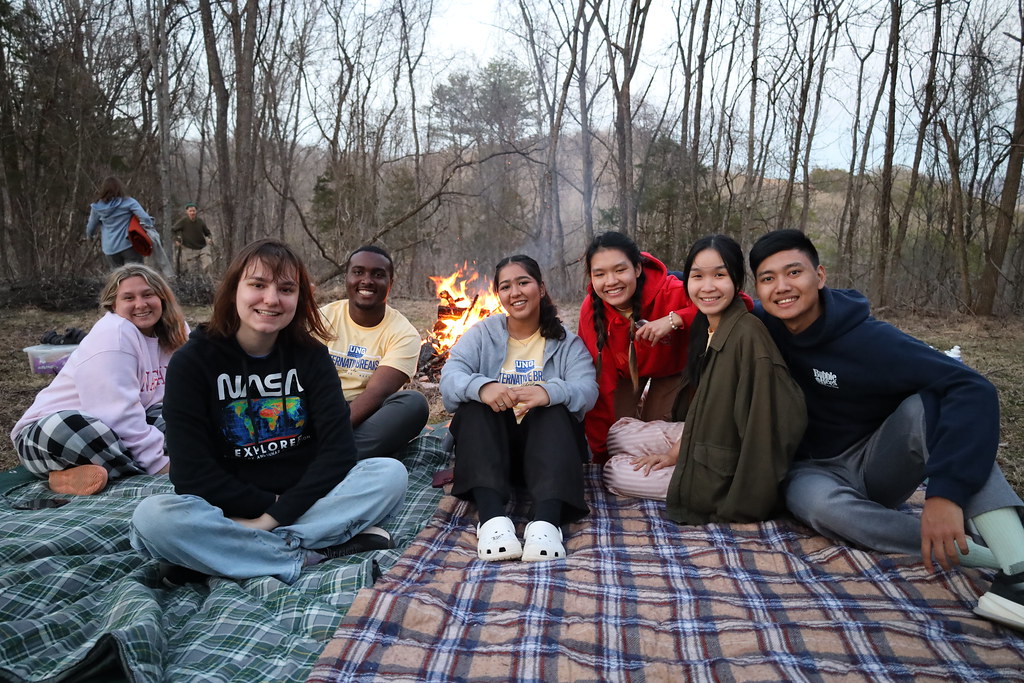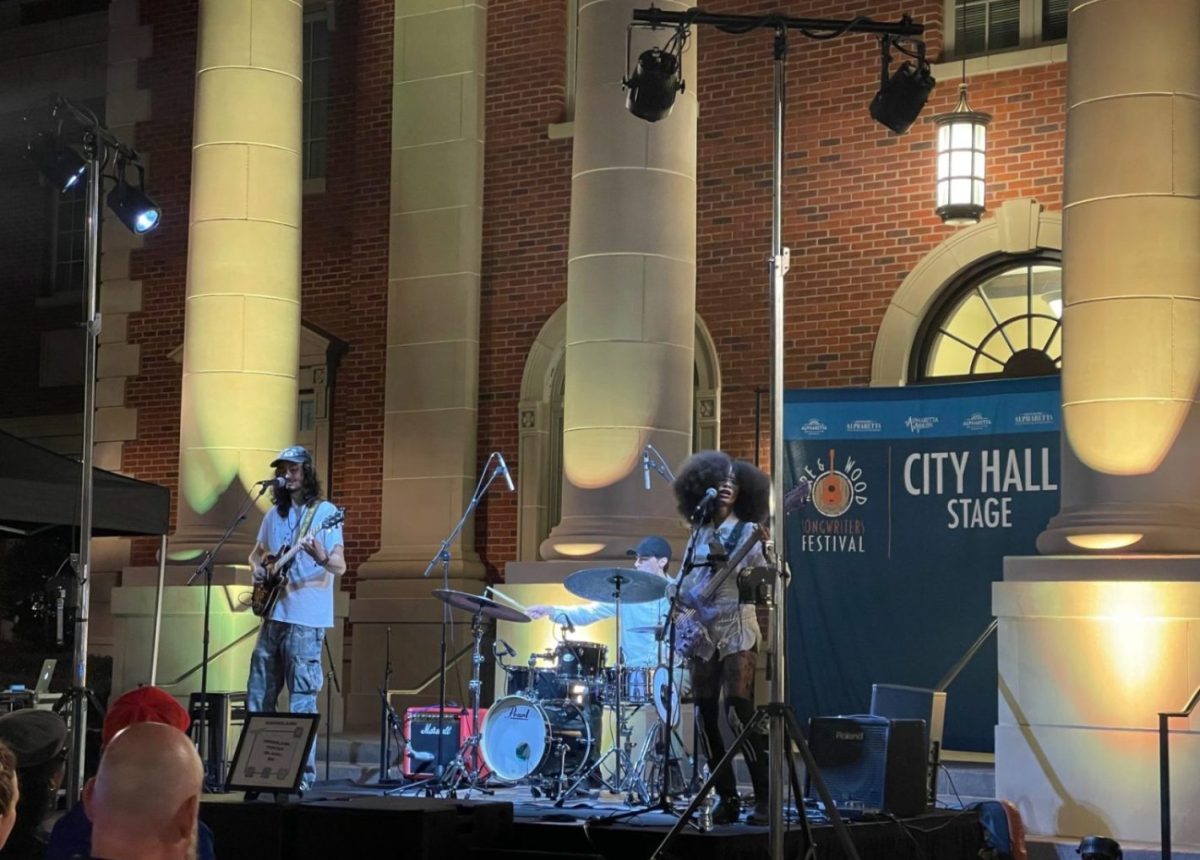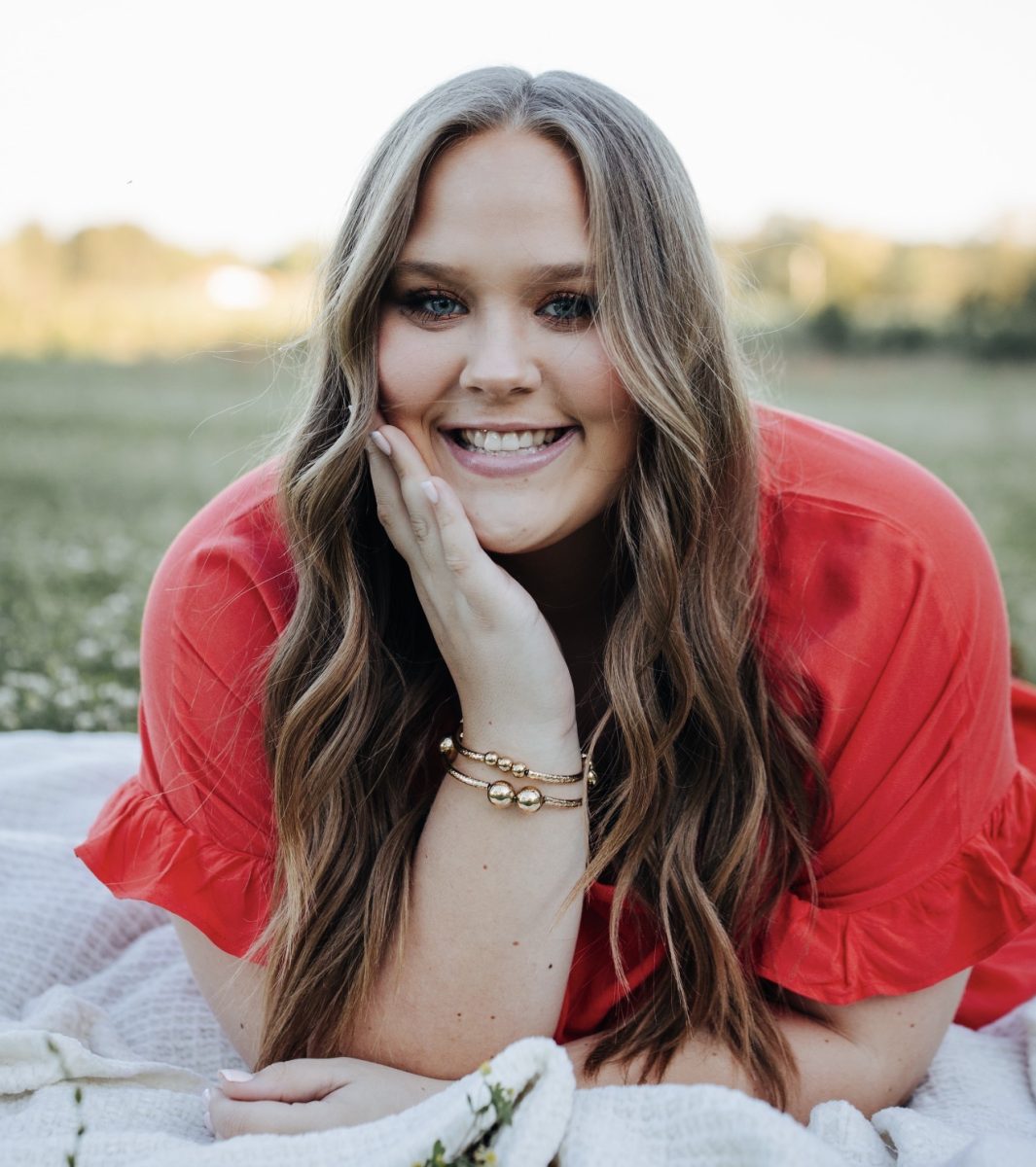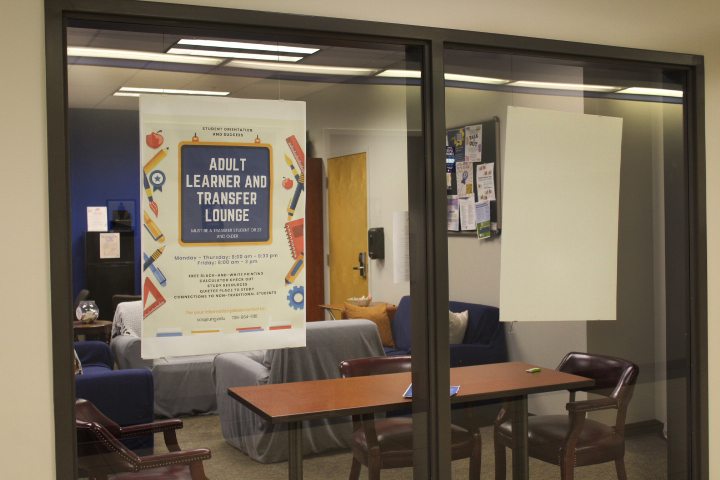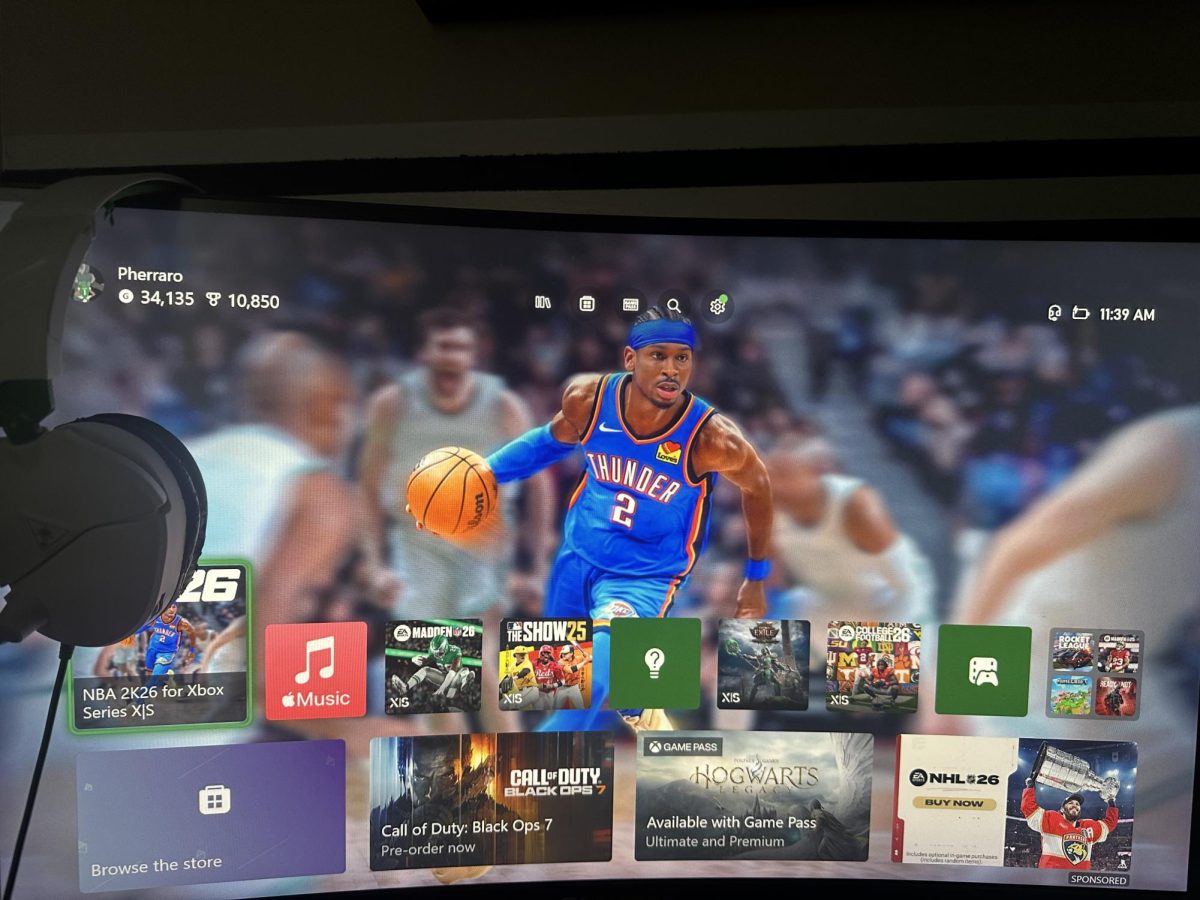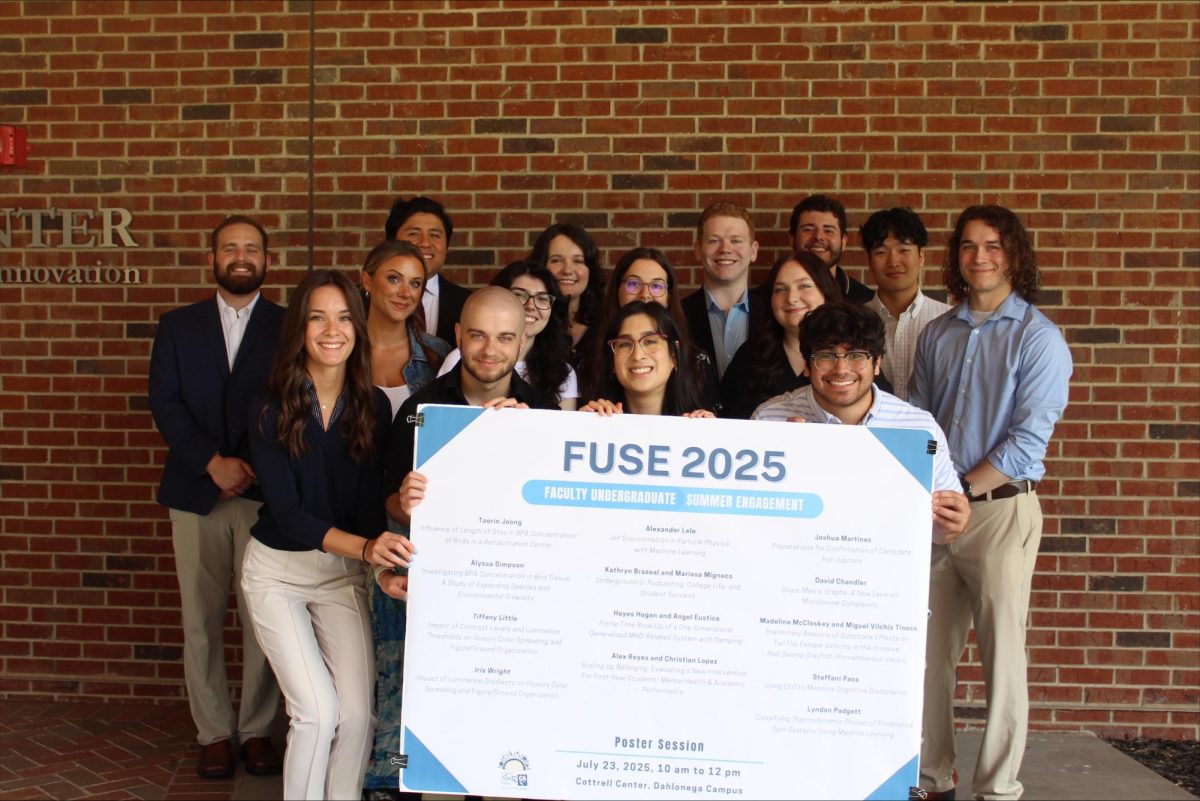The University of North Georgia has dedicated a multitude of campus resources to attracting and supporting adult learners as colleges and universities nationwide respond to shifting demographics and workforce demands.
“Colleges are starting to recognize the value of adult learners, not just because they help meet enrollment goals, but because they bring so much richness to the university community through their life experience and perspective,” said Christy Orr, Executive Director of UNG’s Student Orientation and Success (SOS) office.
At UNG, support for these students includes resources such as designated lounges for adult learners, transfers and veterans. There are also financial aid resources, tailored orientation sessions and workshops focused on stress management, learning styles and time management. These additions to the university reflect a push to support adult students and make sure they do not feel left behind in systems designed primarily for recent high school graduates.
“We meet students where they are,” Orr said. “That might mean helping them plan a manageable class schedule or connecting them to services that ease some of the pressure. We’re here to make sure students don’t feel like they have to figure it all out on their own.”
Resources like these have helped adult learners on their path to success, especially for students managing both work and family responsibilities. Art Fuller, a junior communications major, is one of those students. Already holding a Ph.D., Fuller returned to UNG at the age of 68 for a second bachelor’s degree. Motivated, in part, by a perceived lack of opportunity in the workforce for older professionals.
“I was told a position I applied for had to go to a recent college graduate. So I thought, fine, I’ll go back and become one again.” – Art Fuller, a junior communications major
Fuller works four ten-hour shifts per week and takes a full 12-hour course load, all due to careful schedule planning and support from his employer, professors and family. While the transition back to academic life had its challenges, Fuller said the support systems in place at UNG made a difference.
“Initially, I felt a little lost trying to figure out online platforms and assignments,” Fuller said. “But I’ve had great professors and a positive environment that makes it worth it.”
UNG is consistently looking for ways to improve and grow support for these students.
“To truly support adult learners,” Orr said, “colleges need to offer flexible scheduling, evening and online classes, and intentional spaces where adult learners can connect with one another. But beyond just logistics, it’s really about making sure these students feel seen, respected, and valued.”









